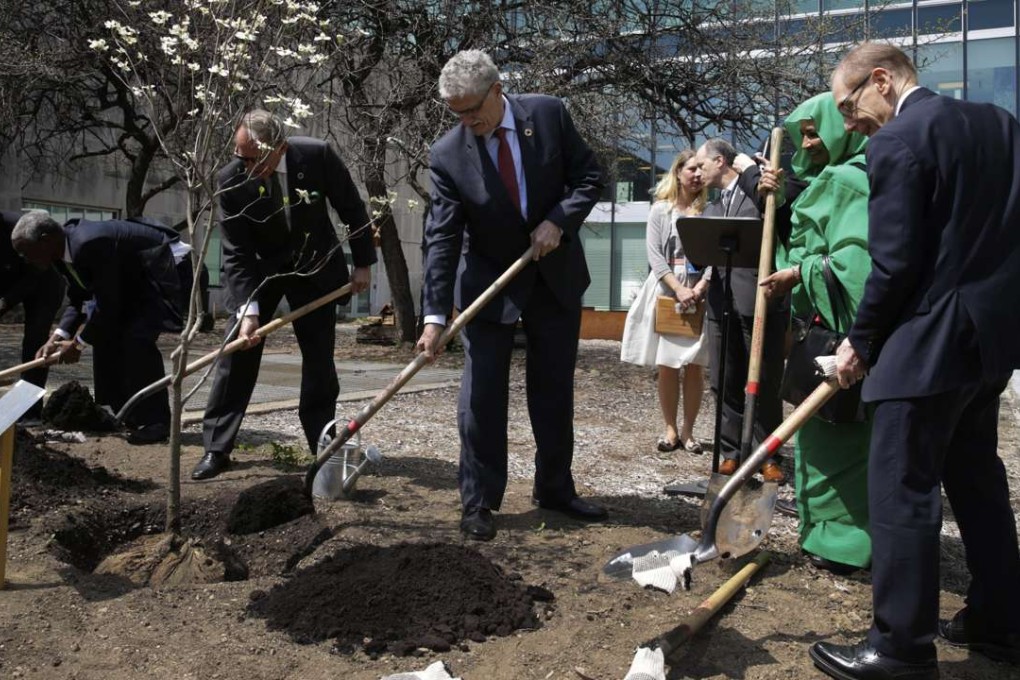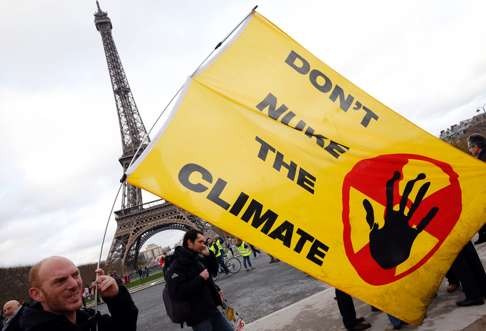While cities worldwide work together against global warming, Hong Kong stands aside
John Sayer says Hong Kong’s absence from international climate change initiatives destroys its own credibility as a centre for climate-smart investment funds and green bonds

It is now over six months since the landmark climate talks in Paris. City leaders and local governments have accepted the important role of city-level action in international efforts to reduce climate change.
More than 7,100 cities joined up last month to form the world’s largest city government alliance, known as the Global Covenant of Mayors for Climate and Energy. They are pledging greenhouse gas reduction goals, renewable energy targets and better exchange of information and ideas on green energy. The new covenant brings together the Compact of Mayors and the Covenant of Mayors to form a worldwide grouping of cities, which are home to some 600 million people.
Michael Bloomberg is a co-chair of the initiative, and he believes this city-level action can be “a giant step forward in the work of achieving the goals that nations agreed to” on climate action.
On the Global Compact of Mayors website is a map showing thousands of cities in 119 countries which have signed up to the initiative. The map highlights participating cities in countries such as Korea, Japan, Thailand, Malaysia and the Philippines as well as six cities in Taiwan. But regrettably there is a void on the south China coast. Hong Kong is not represented.

Hong Kong’s coral in crisis as climate change and pollution take their toll
The Chinese government played a positive role in ensuring that the Paris agreement was achieved. The agreement notes the importance of “sub-national” activity in slowing global warming. This has to be led by local and regional governments.